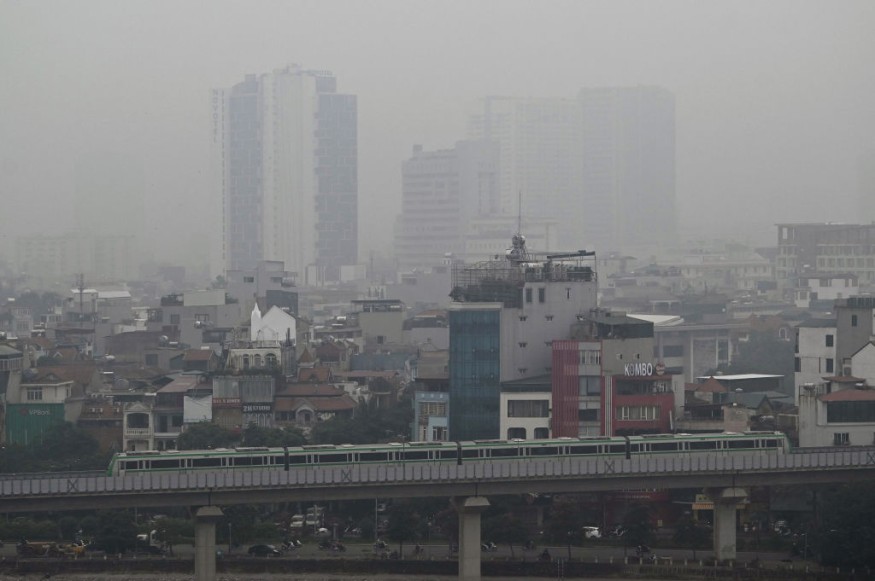
A new inquiry by UN-appointed human rights experts has expressed concern over evidence of pollution from a PFAS manufacturing company in North Carolina, calling it "alleged human rights violations and abuses against residents."
Forever Chemical
The ongoing PFAS crisis in North Carolina has been linked to a Chemours Fayetteville Works plant, which was split off from DuPont in 2015.
The United Nations Human Rights Council has made public the allegation letters addressed by its experts to Chemours and four other parties accused of being involved in the situation.
In letters to Chemours, Corteva, and DuPont de Nemours, United Nations officials known as rapporteurs questioned the usage of per- and polyfluoroalkyl compounds such as GenX.
It also accused DuPont and Chemours of "purposeful suppression and concealment" of the PFAS hazards.
PFAS, or per- and polyfluoroalkyl compounds, are a class of over 14,000 chemicals that are frequently employed to manufacture water-, stain-, and heat-resistant products.
They are known as "forever chemicals" because they are virtually indestructible and have been related to cancer, liver difficulties, thyroid problems, birth defects, kidney illness, lowered immunity, and other major health issues.
Furthermore, officials wrote to the governments of the Netherlands and the United States, accusing regulators of neglecting to protect human health and the environment.
Contaminated Drinking Water
The UN alleges, among other things, that Chemours dumped dozens of dangerous chemicals into the Cape Fear River, contaminating the drinking water of hundreds of thousands of people. Some people reside up to 100 kilometers downstream of Fayetteville Works.
According to the report, the factory continued to spit PFAS waste into the air until 2019, contaminating drinking water sources once the chemicals settled on the ground and percolated into groundwater.
The UN letter also mentioned Chemours' pesticides being discovered in fish and crops, as well as 97% of blood samples tested in the region. It claims that DuPont and Chemours were aware of the dangers but concealed them from residents and employees.
"We are especially concerned about DuPont and Chemours' apparent disregard for the wellbeing of community members, who have been denied access to clean and safe water for decades," said the letters, which were signed by five UN rapporteurs.
The letter included evidence of the corporations suppressing toxicity data and the amounts of pollutants emitted from the plant, and it charged Chemours with acting only after being forced to do so by a court.
Chemours said that it "has taken a broad and unprecedented set of actions, costing hundreds of millions of dollars, to eliminate almost all PFAS discharges from Fayetteville Works."
The UN does not make an official decision on whether the United States, Chemours, and other letter recipients are violating human rights.
According to Claudia Polsky, director of the University of California Berkeley Environmental Law Clinic, the UN may yet publish a public press statement. Regardless, the investigation concludes
The EPA has halted PFAS waste shipments from the Netherlands to Fayetteville, and the North Carolina Department of Environmental Quality is examining a Chemours petition to expand PFAS manufacturing at the site.
© 2026 NatureWorldNews.com All rights reserved. Do not reproduce without permission.





